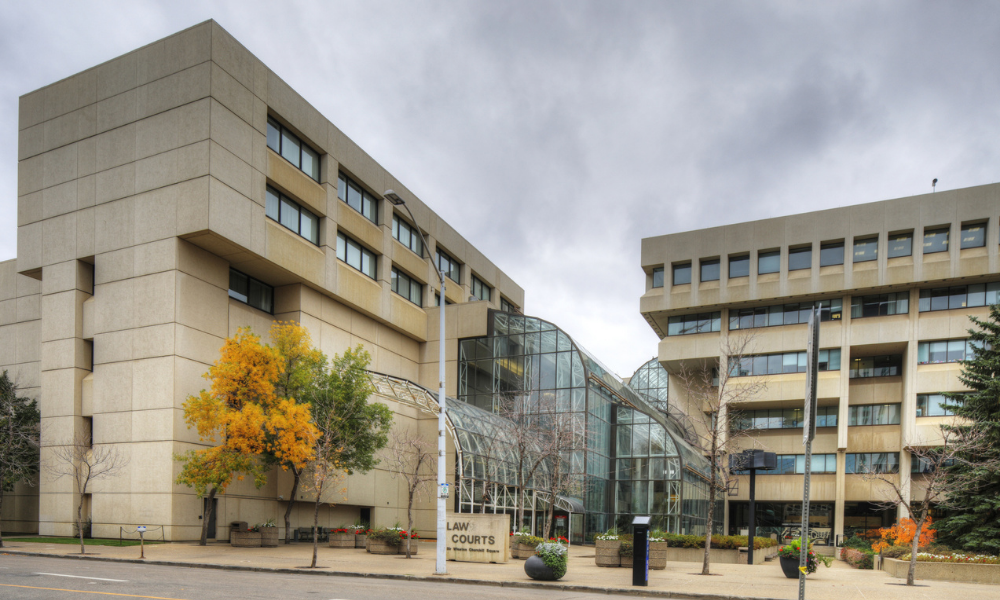Disbarred lawyer showed no arguable merit to restore appeal

The Alberta Court of Appeal has refused to grant an application filed by a disbarred lawyer to restore his appeal.
In Broda v. Her Majesty the Queen in Right of Alberta, 2021 ABCA 308, the applicant was a lawyer until he was disbarred in 2010, pursuant to investigation and disciplinary proceedings under the Legal Profession Act, RSA 2000, c L-8. He appealed his disbarment but to no avail.
In 2019, the applicant and his firm commenced a civil action before the Alberta Court of Queen’s Bench. He alleged that the Law Society of Alberta acted unfairly, illegally, and in bad faith during his disbarment proceedings and breached his Charter rights. He also alleged that the Government of Alberta failed in its duty to supervise the Law Society in handling disciplinary proceedings and such failure constituted negligence. As a remedy, he sought damages for loss of income, mental and emotional sufferings and breach of Charter rights. He also sought for his reinstatement and expungement of his disciplinary records.
The Law Society and the province filed an application to strike the civil action, which the Court of Queen’s Bench granted. The applicant sought for an appeal against the order striking the civil action but was dismissed. He then appealed before the Alberta Court of Appeal, but the appeal was struck on January 26, 2021, for failure to file the appeal record on time. He filed an application to restore the appeal on July 26, 2021, but the appeal was deemed abandoned on July 27, 2021, pursuant to Rule 14.65 of the Alberta Rules of Court as the application was not granted within six months from the appeal having been struck. He filed another application to restore the appeal.
In its decision, the Alberta Court of Appeal dismissed the application to restore the appeal after finding no arguable merit and consequently, affirmed the rulings of the Court of Queen’s Bench to strike the civil action.
In the affirmed rulings, the Court of Queen’s Bench determined that the claims against the Law Society of Alberta must be struck as the civil action was an abuse of process and failed to disclose a reasonable claim. The claim had no cause of action, was barred pursuant to the Limitations Act, RSA 2000, c L-12 and the Law Society of Alberta was immune from suit under s. 115 of the Legal Profession Act, the Court of Queen’s Bench explained.
The Court of Queen’s Bench found that the claims against Alberta should likewise be struck as there were no provisions in the Legal Profession Act mandating Alberta to supervise a disciplinary process. In fact, Alberta delegated the process of disciplining lawyers to the Law Society of Alberta and had not interacted with the applicant so as to create a proximity to him.
The Court of Queen’s Bench added that Alberta was not vicariously liable for the alleged negligence since the Law Society of Alberta was neither an agent of the Crown nor under the control of Minister of Justice and Solicitor General.










